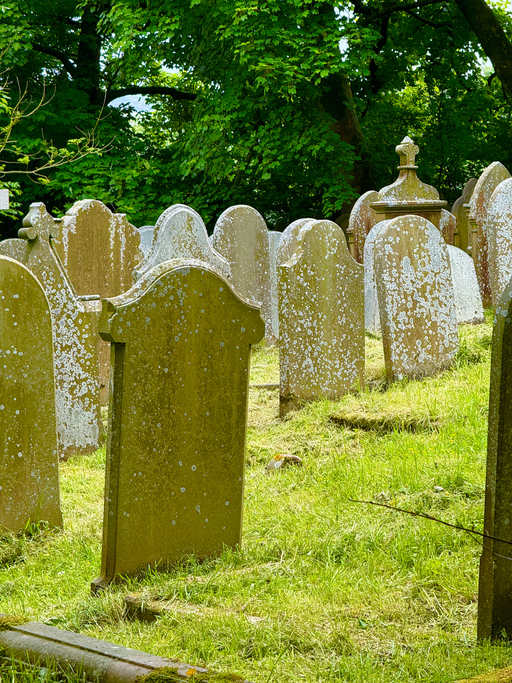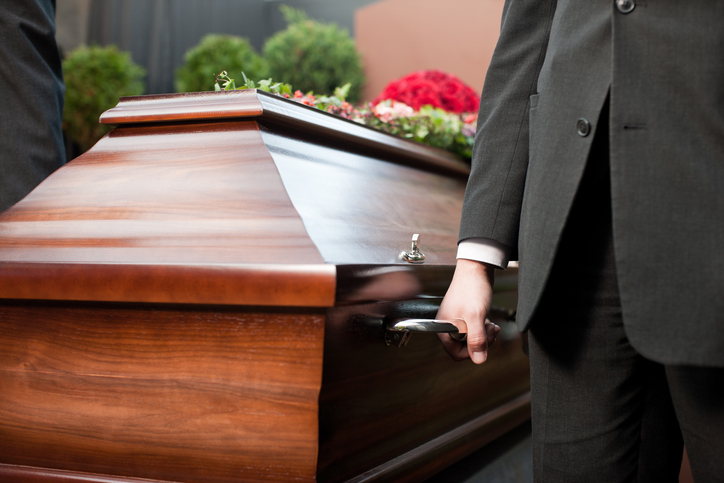Dying in Hospital


Dying in Hospital
The experience of a loved one dying in hospital can be emotional and overwhelming, whether it be sudden or expected.
At Cutmore Family Funeral Directors, we are here to guide you through the steps to take when working through a loved one dying in hospital, ensuring everything is handled with compassion, clarity, and dignity.
Hospitals are well-equipped to manage deaths with professionalism and care. Their staff can assist with the practicalities, but there are still key decisions and arrangements that families must make. This page will walk you through what happens next and how we can support you during this difficult time.
What Happens Immediately
The process of a loved one dying in hospital begins with the medical staff confirming the death. If the death was expected — for example, following a long illness — a doctor will issue a Medical Certificate of Cause of Death. This document is required for registering the death and making funeral arrangements.
You may be invited to visit the hospital to spend time with your loved one and begin discussing next steps with the hospital’s bereavement office. This team can offer emotional support and explain the practicalities, such as when the certificate will be available and how to collect personal belongings.
If the death was unexpected, sudden, or under unusual circumstances, it may be referred to the coroner. The coroner may order a post-mortem or further investigation to determine the cause of death. In such cases, there may be a short delay before funeral arrangements can proceed.
Registering the Death
You will need the Medical Certificate to register the death, which must be done at the register office in the district where the person died. You should aim to register the death within five days.
When registering, you’ll need the following:
- Full name and date of birth of the deceased
- Their last known address
- Occupation (if applicable)
- Name and date of birth of any surviving spouse or civil partner
- NHS number (if available)
The registrar will issue:
- The Death Certificate
- A Certificate for Burial or Cremation (commonly known as the ‘green form’), which is required by the funeral director
- A BD8 form to notify the Department for Work and Pensions
Additional copies of the Death Certificate can be purchased for legal and financial matters such as probate, pensions, and banking.
Choosing a Funeral Director
Once you have the certificate or are in touch with the hospital bereavement team, you can contact a funeral director. You are not obliged to use a funeral director recommended by the hospital — the choice is entirely yours.
At Cutmore Family Funeral Directors, we can liaise directly with the hospital to arrange for your loved one to be brought into our care. We offer:
- Prompt, respectful collection from the hospital
- Help with legal paperwork
- Guidance on burial or cremation
- Personalised funeral planning to reflect your loved one’s life and wishes
We are available 24/7 to offer immediate assistance.
If the Coroner is Involved
If the loved one dying in hospital is reported to the coroner, you may need to wait for investigations or an inquest before proceeding with the funeral. This is often required in cases of:
- Sudden or unexplained death
- Deaths following surgery or medical treatment
- Accidents or suspicious circumstances
The coroner will keep you informed and issue the relevant paperwork once investigations are complete. Our team will remain in close contact with the coroner’s office and guide you throughout the process, helping to reduce the administrative burden during this emotional time.
Contact Us for Help
If you have experienced a loved one dying in hospital and you are unsure of what to do next, please contact us. We are here to provide clear, compassionate advice and take the pressure off during a very difficult time.
Call us any time or visit our Contact Page to speak with a member of our caring team.
